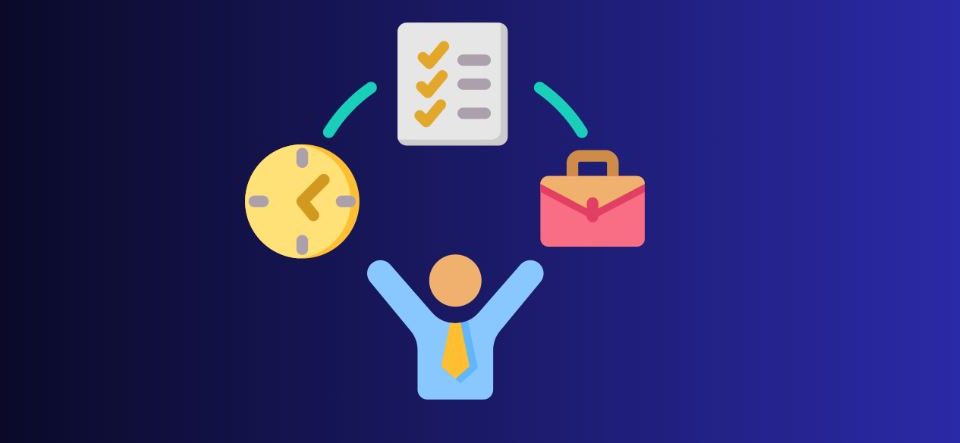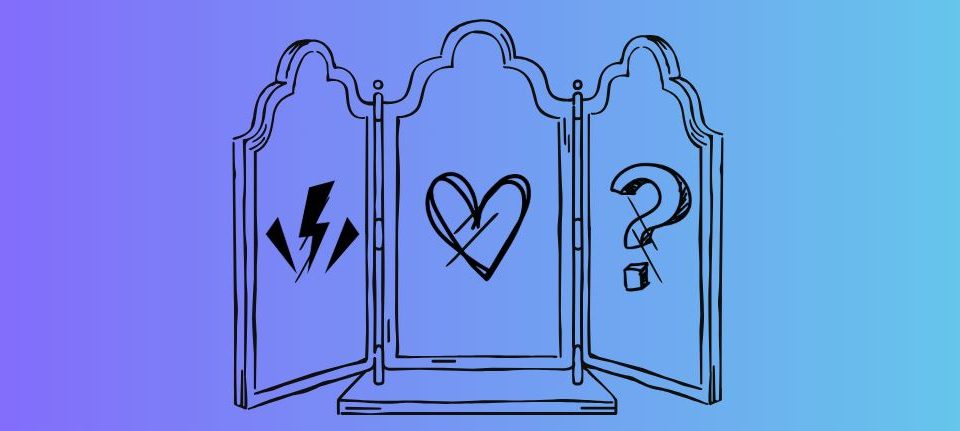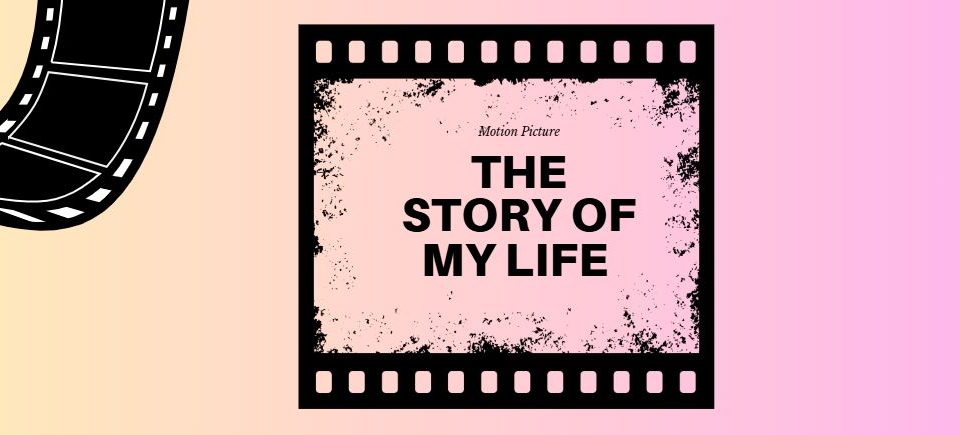In recent years, I’ve felt like a stranger to myself. The familiar contours of who I once was seem blurred—gaining a few kilos here, discovering grey hairs there, adapting to a new country, and seeing my life intertwined with my partner’s. While I’ve healed and explored, piecing parts of myself together, other fragments have seemingly fallen away.
It’s made me realize that identity is less of a static destination and more like an evolving puzzle—one you can never truly complete. There’s always another piece to add, a fragment to reexamine, or a section that no longer fits. But what happens when the puzzle feels finished? If I already possess all the pieces of my life, then why do I feel like I’m chasing something?
This paradox reveals a deeper truth: having all the pieces of the puzzle is not the same as connecting them. And that’s the challenge of identity—not in simply finding the fragments but in understanding how they fit together in this moment, knowing they may need reconfiguration tomorrow.
The Appeal of Adopting New Identities
This complexity is why I find actors so captivating. They have the ability to step into different lives with ease, embodying a character’s identity as though it were their own. It’s an art of fluidity—shifting between personas without clinging to a fixed sense of self. Is that what we should aim for in our lives? To be fluid, to embrace the impermanence of who we are, and let go of the notion of a singular, unchanging identity?
Questioning the Stories We Tell Ourselves
Recently, I’ve started to examine the stories I tell myself about who I am. These narratives form the backbone of our identities, but are they helpful or harmful? Is it healthy to cling to a consistent storyline about ourselves, or is that rigidity holding us back from growth?
I’ve asked myself: why do we feel compelled to define everything so thoroughly? Is it a need for control, or is it fear of the unknown? When I began my healing journey, I noticed parts of my identity crumbling. I grieved the loss of those aspects of myself that had once seemed integral. It was unsettling—losing pieces of the puzzle I thought were “me.” Was I dismantling my identity? Or was I revealing a deeper truth about my multifaceted nature?
The Consistency of Change
In these moments of uncertainty, I’ve wondered if I have multiple identities. Perhaps the one true self is less about permanence and more about adaptability. What stayed consistent throughout the chaos wasn’t the external markers of identity, like appearance or roles, but something deeper—a quiet, unshakable essence that existed beneath the flux.
Found or Created?
Ultimately, I’m not sure if identity is something we find or create. Maybe it’s both—a dynamic process of uncovering latent aspects of ourselves while intentionally shaping others. Like the actors I admire, we might need to learn how to inhabit different identities without losing our core.
What I know is this: identity is a journey, not a destination. It’s an evolving puzzle, and the joy lies not in finishing it but in continuously rediscovering how the pieces come together.




